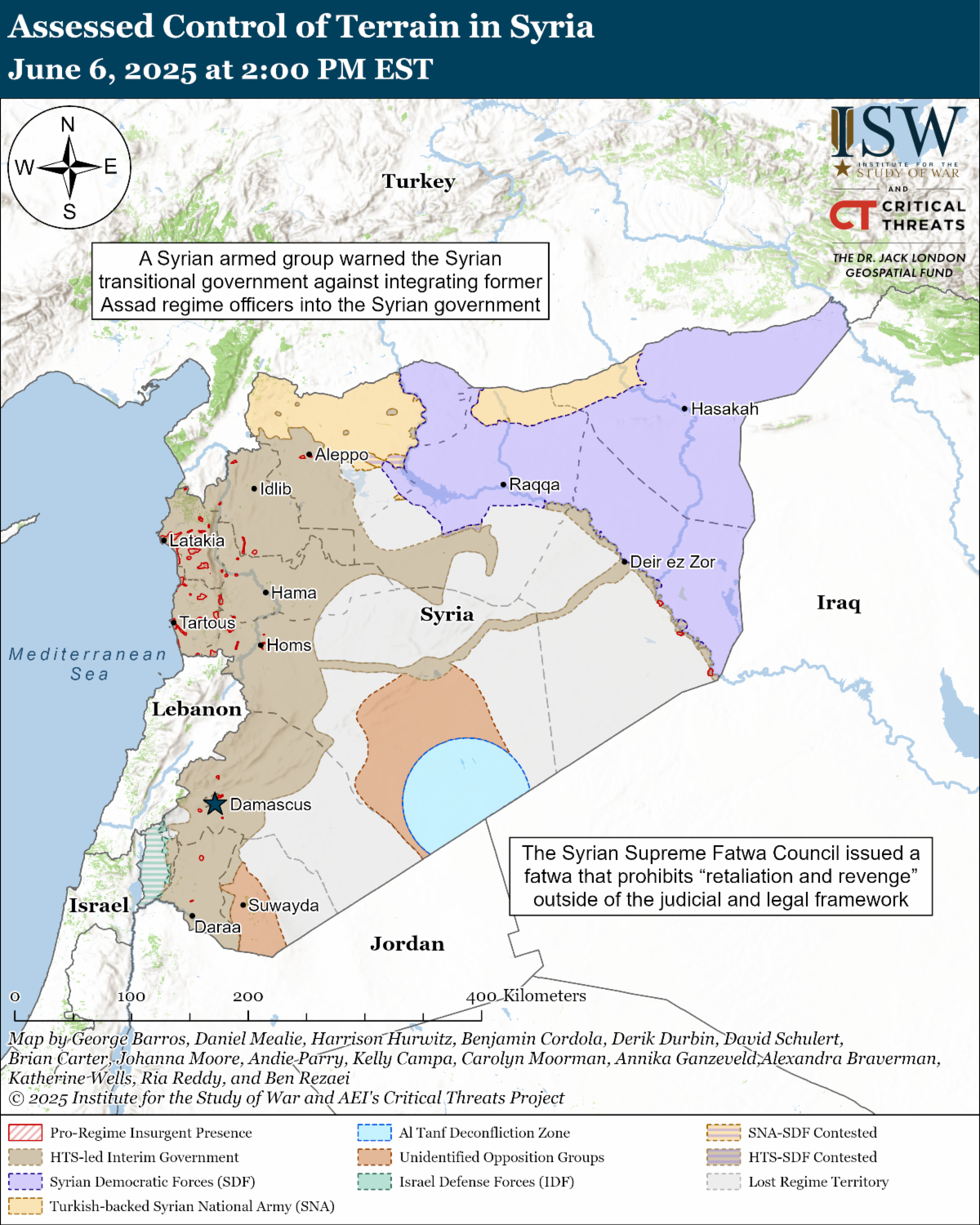Iran is continuing to cooperate with China to replenish its solid-fuel ballistic missile stockpile after Israel destroyed Iranian solid-fuel production sites in October 2024. Israeli strikes in October 2024 damaged three major long-range missile production sites in Iran, including the Shahroud Military Site in Semnan Province and the Khojir and Parchin complexes in Tehran Province. Unspecified sources told the Wall Street Journal on June 5 that Iran has ordered thousands of tons of ammonium perchlorate from China in recent months. Ammonium perchlorate comprises around 70 percent of the propellant of solid-fuel missiles. The sources stated that an Iranian firm, Pishgaman Tejarat Rafi Novin Company, ordered the material from a Hong Kong-based company. This report follows several sodium perchlorate transfers from China to Iran in recent months. Sodium perchlorate can be converted into ammonium perchlorate. Two US-sanctioned Iranian cargo vessels, Golbon and Jairan, delivered over 1,100 tons of sodium perchlorate from China to Bandar Abbas, Iran, in early 2025. The Islamic Revolutionary Guards Corps (IRGC) Self-Sufficiency Jihad Organization (SSJO), which oversees part of Iran’s missile research and development, took delivery of the cargo. Iran also previously engaged in secret negotiations with China and Russia in April 2023 to acquire ammonium perchlorate from China.
The sources speaking to the Wall Street Journal stated that the new ammonium perchlorate shipments could support the production of up to 800 ballistic missiles. Western sources previously estimated that 1,000 tons of ammonium perchlorate can fuel up to 260 medium-range ballistic missiles. If the 800 ballistic missiles that the Wall Street Journal referred to are medium-range missiles, this would suggest that Iran purchased around 3,000 tons of ammonium perchlorate from China. Iran may have purchased this amount of ammonium perchlorate to compensate for the loss of some sodium perchlorate that China recently shipped to Iran. An unspecified source told the Wall Street Journal that the explosion at Shahid Rajaei Port in Bandar Abbas on April 26 destroyed some of the sodium perchlorate that China shipped to Iran in early 2025.
Iran could provide its proxies and partners, including the Houthis and Russia, with new ballistic missiles that it produces or materials that are needed to build ballistic missiles. An unspecified source told the Wall Street Journal that Iran plans to send part of the ammonium perchlorate to Iranian-backed militias, including the Houthis in Yemen. Iran has previously exported ammonium perchlorate to members of the Axis of Resistance. The US Navy intercepted a vessel in the Gulf of Oman that was carrying around 70 tons of ammonium perchlorate from Iran to Yemen in November 2024, for example. The recent shipments may also improve Iran’s ability to provide ballistic missiles to Russia for its war with Ukraine. Iran began sending Fateh-360 ballistic missiles, which are solid-fuel missiles, to Russia in September 2023.
Key Takeaways:
- Chinese Support for the Iranian Ballistic Missile Program: Iran is continuing to cooperate with China to replenish its solid-fuel ballistic missile stockpile after Israel destroyed Iranian solid-fuel production sites in October 2024. Unspecified sources told the Wall Street Journal on June 5 that Iran has ordered thousands of tons of ammonium perchlorate from China in recent months. Ammonium perchlorate comprises around 70 percent of the propellant of solid-fuel missiles. This report follows several sodium perchlorate transfers from China to Iran in recent months. Sodium perchlorate can be converted into ammonium perchlorate. The sources speaking to the Wall Street Journal stated that the new ammonium perchlorate shipments could support the production of up to 800 ballistic missiles. Iran could provide its proxies and partners, including the Houthis and Russia, with new ballistic missiles that it produces or materials that are needed to build ballistic missiles.
- US-Iran Nuclear Negotiations: The United States and the E3 (the United Kingdom, France, and Germany) are planning to submit a non-compliance resolution against Iran at the upcoming International Atomic Energy Agency (IAEA) Board of Governors meeting on June 9. The resolution will reportedly give Iran time to address its “less than satisfactory” cooperation with the IAEA’s probe into three undeclared nuclear sites. An unspecified senior Western diplomat stated that the Board of Governors will not immediately refer the non-compliance resolution to the United Nations Security Council (UNSC) and that Iran will have an unspecified amount of time to fulfill its safeguards obligations. The Board of Governors will reportedly hold an extraordinary meeting in the summer to pass a resolution to refer Iran’s non-compliance to the UNSC if Iran fails to cooperate with the IAEA by that time. Iranian Foreign Affairs Minister Abbas Araghchi warned on X on June 6 that Iran would respond “forcefully” to any IAEA Board of Governors resolution.
| 




 [ISW] 러시아의 공세 캠페인 평가, 2025년 6월 6일
[ISW] 러시아의 공세 캠페인 평가, 2025년 6월 6일
 [ISW] 러시아군 생성 및 기술 적응 업데이트 2025년 6월 6일
[ISW] 러시아군 생성 및 기술 적응 업데이트 2025년 6월 6일